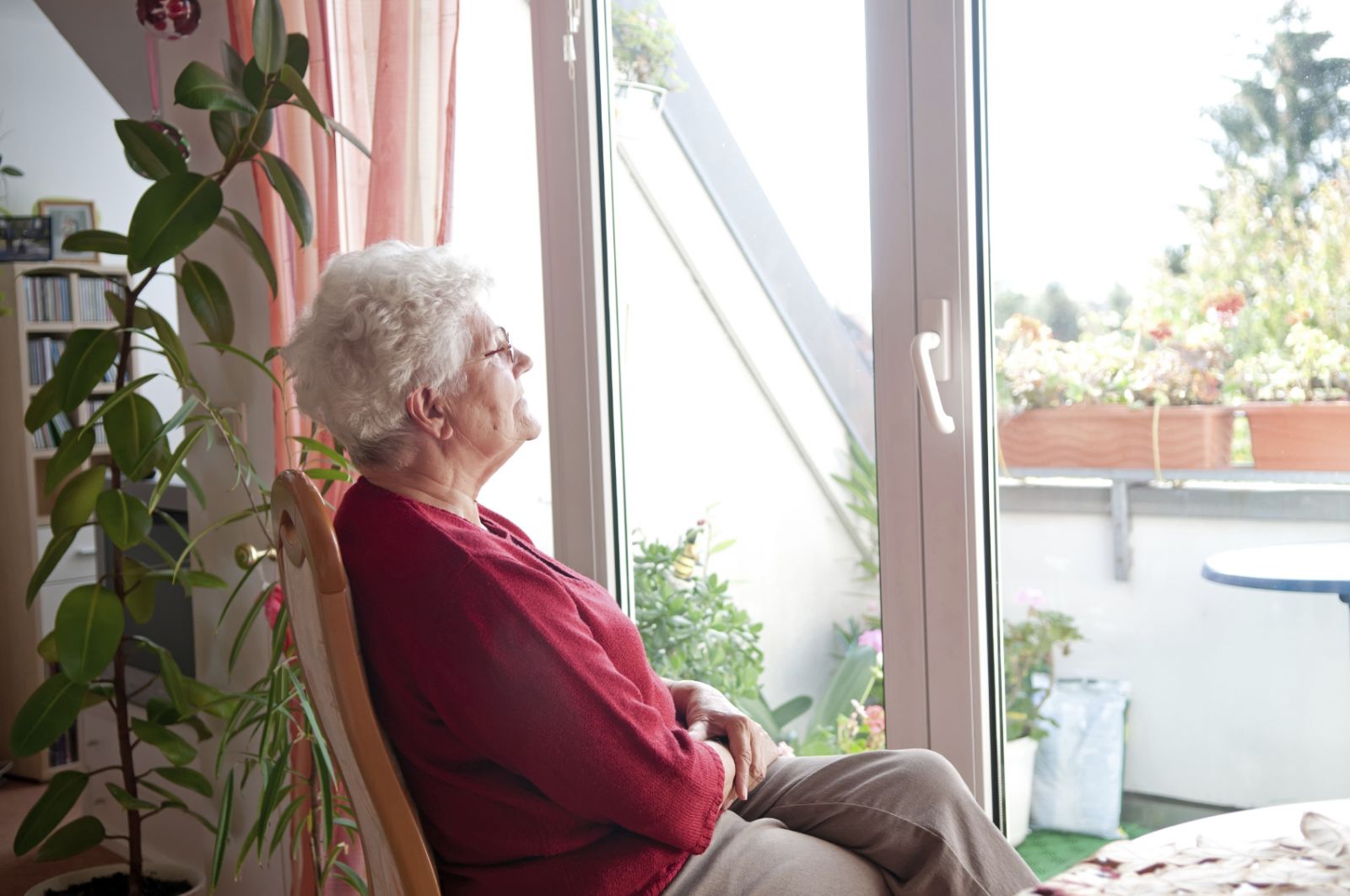Loneliness in the elderly can unfortunately become a normal part of life. This can be attributed to many factors such as loss of a spouse, children moving away, friends passing away (or in failing health), and decreased mobility that limits the ability to leave the house or engage in social activities. Regardless of the reason(s), loneliness in the elderly can be responsible for a myriad of both emotional, and physical health problems. Below are a few simple ways to prevent loneliness and isolation in your elderly loved ones’ lives.
Schedule regular dining dates
Sitting down to a nice meal with friends and family at a restaurant or at home, is one of the most common ways that we socialise. Social interaction and fresh conversation can do wonders for an elderly person’s health and well-being. Having a set day every week when friends and family meet will not only ensure regular social contact with others, it will also give the elderly person something to look forward to in between gatherings.
Encourage a pet
One of the hardest things for an elderly person to deal with, is the sense of no longer being needed. Owning a pet can encourage a sense of purpose, animals need to be cared for, and will offer unconditional love and devotion to the person who is providing that care. Dogs for example need to be let outdoors and walked, this motivates the elderly person to take regular walks in the fresh air. There have been countless studies that have revealed the wide range of mental health benefits that can come with owning a pet. However it is important that the elderly person is willing and able to properly care for a pet before you decide to gift one to them.
Hire an in-home caregiver
According to the Live In Care Hub , seniors who are able to stay in the home with a live in care provider have a lower risk of suffering from depression than those who are left alone. While the primary role of a live-in caregiver is to provide basic needs such as preparing meals or helping the elderly person to dress, they also provide social interaction. In fact, many elderly people receiving in home care form a healthy and positive relationship with their carers.
Encourage regular vision and hearing tests
The No Place Like Home Report has reported that many seniors with untreated or undiagnosed hearing and/or vision problems may become withdrawn, or avoid previously enjoyed social events, due to difficulty being able to hear or communicate properly.
How to identify loneliness or isolation in the elderly
It’s usually close family members who notice that an elderly loved on is becoming socially isolated or withdrawn. Unfortunately, not all seniors have the benefit of having living family, or family who live close by enough to make regular wellness checks. If you suspect that an elderly person is experiencing isolation, or is not receiving the appropriate care that they need, you may wish to get in contact with your local NHS provider to arrange a well-being check for them.





There are a number of ways to address loneliness in the elderly. One way is to provide opportunities for social interaction and connection. This can be done through community programs, senior centres, or other groups that cater to the needs of the elderly. Another way to address loneliness is to encourage family members and friends to stay in touch and visit often. Additionally, it is important to make sure that the elderly have access to transportation and are able to get out and about as needed.